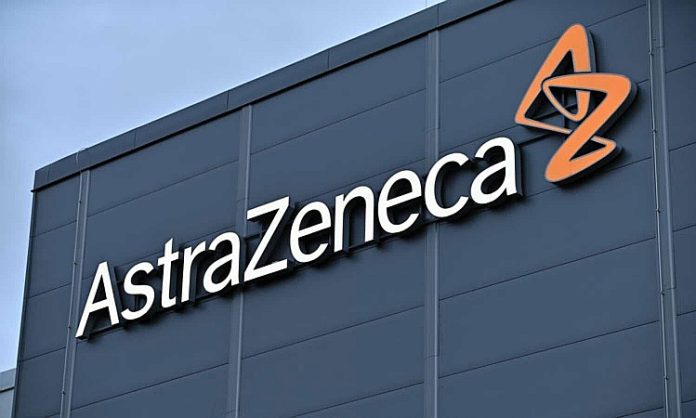New Delhi: The Indian drug regulator, Central Drugs Standard Control Organisation (CDSCO), has approved AstraZeneca Pharma India’s liver cancer drug Tremelimumab Concentrate to be administered intravenously, the company said on Thursday.
The approval by CDSCO for Tremelimumab in combination with Durvalumab is based on results from Phase III clinical trial and is indicated for the treatment of patients with unresectable hepatocellular carcinoma (uHCC) – the most common type of primary liver cancer.
Also Read: Yoga highly beneficial in breast cancer treatment: TMH study
The approval paves way for the launch of Tremelimumab solution of 20 mg/ml (25 mg/1.25 ml and 300 mg/15 ml presentations in single dose vials) in India for the specified indication, a statement from AstraZeneca said.
The trial, conducted across 16 countries, including India, the US and Canada, showed a positive and significant benefit for overall survival for the combination of Tremelimumab and Durvalumab versus Sorafenib, the company said, in a statement.
Also Read: Nano-tech raises hope for better cancer management, treatment
“Prognosis of patients with unresectable liver cancer is often limited and diagnosis is significantly delayed, with the majority of the cases getting diagnosed in an advanced and unresectable stage. Hence, novel treatment alternatives become paramount for improving long-term survival,” said Dr. Anil Kukreja, vice-president, medical affairs and regulatory, AstraZeneca India, in the statement.
The Phase III trial included a regimen comprising a single priming dose of Tremelimumab 300 mg added to Durvalumab 1500 mg followed by Durvalumab every four weeks versus sorafenib, a standard-of-care multi-kinase inhibitor.
Also Read: Saharwa-A village of cancer patients in Bihar!
The trial included a total of 1,324 patients with unresectable, advanced HCC who had not been treated with prior systemic therapy and were not eligible for locoregional therapy (treatment localised to the liver and surrounding tissue).
Globocan India 2020 reports more than 30,000 new local cases of hepatocellular carcinoma (HCC) are diagnosed every year, making it the 10th most common cause of cancer in India. Its high mortality rate makes it the eighth most common cause of cancer related deaths in the country.
Also Read: Tailored T-cells can sniff out cancer-causing cells: Research
The common causes and risk factors for HCC in India include cirrhosis, hepatitis B and C infection, alcohol, smoking, diabetes, and non-alcoholic fatty liver disease. The 5-year survival rate for HCC is about 18%; localised, regional and metastatic HCC have a 5-year overall survival of 33%, 10% and 2% respectively.




